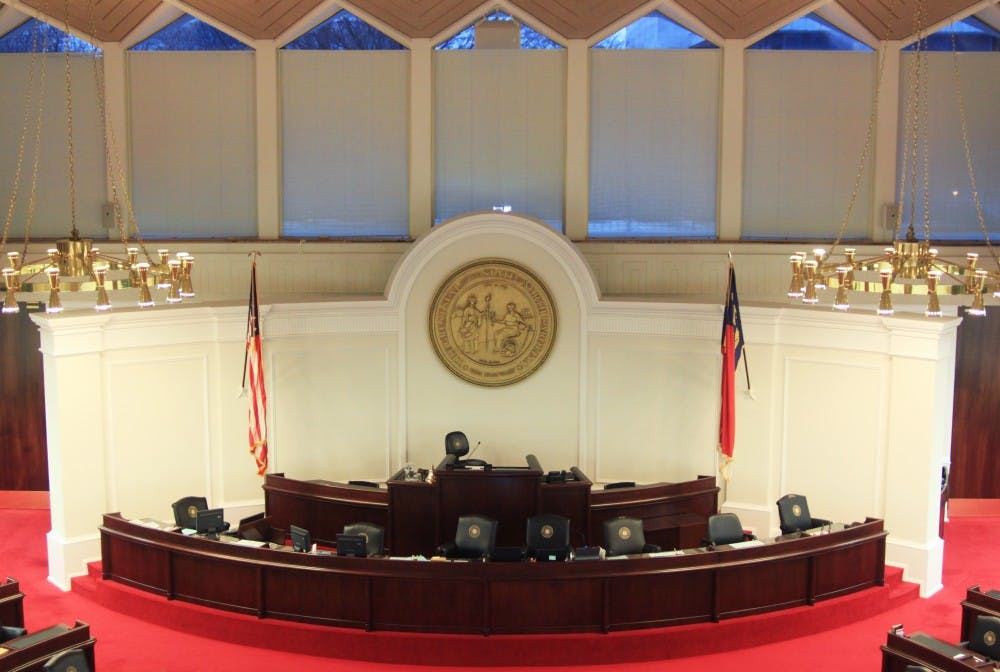The General Assembly has finalized new legislative maps for both the N.C. Senate and N.C. House that now must be approved by a court.
The new maps were ordered to be redrawn after a three-judge panel of an N.C. Superior Court declared them unconstitutional on Sept. 3.
The plaintiff in that court case, Common Cause North Carolina, released a statement following the vote on the maps.
“The court’s ruling against partisan gerrymandering was a historic victory for the people of North Carolina, setting a clear requirement for drawing districts completely free from partisan politics and with total transparency,” Brent Laurenz, Common Cause NC’s deputy director, said in the statement. “We look forward to the next steps in this ongoing remedial process, which includes the court thoroughly reviewing the new districts to ensure that they fully comply with the ruling.”
State representatives redrew the districts in public sessions. The superior court decision disallowed lawmakers from accessing the previous legislative maps during the redrawing process, and incumbents were not allowed input into redrawing their own districts.
Despite these measures being put in place, N.C. Rep. Graig Meyer, D-District 50, who represents Orange and Caswell County, said he was still unsatisfied with the new maps.
“I still think that they are partisan, gerrymandered maps,” Meyer said. “I believe that the number one thing we learned from ten days of mapmaking is that you should never let legislators draw their own maps.”
Meyer said his objection to allowing legislators to draw maps was that incumbent protection was prioritized over fair elections.
“I voted 'no' on the maps and still think the most important thing we can do for North Carolina democracy is to set up an independent and citizen-led redistricting process,” Meyer said.




